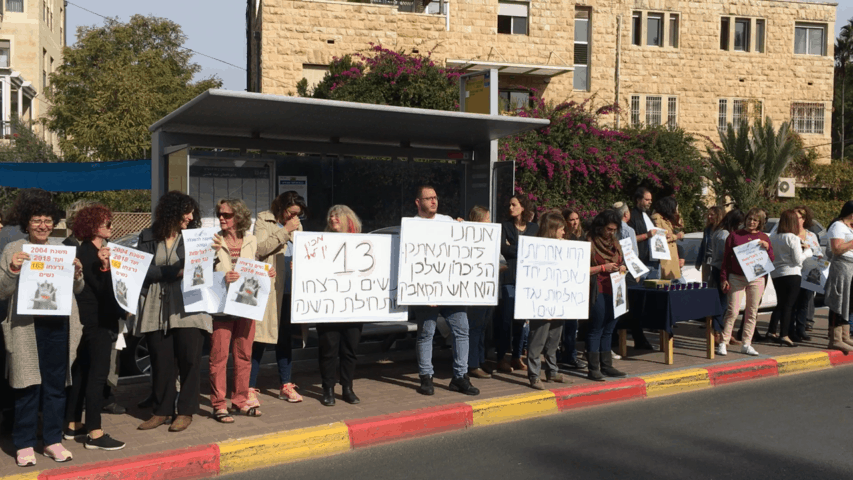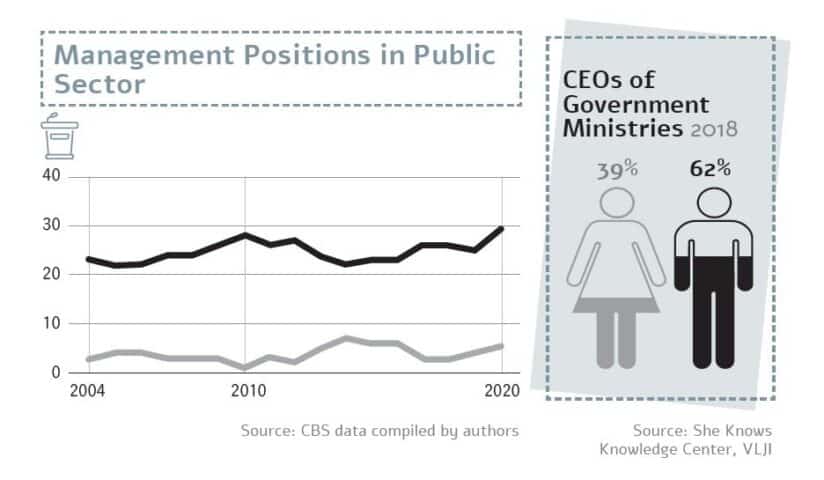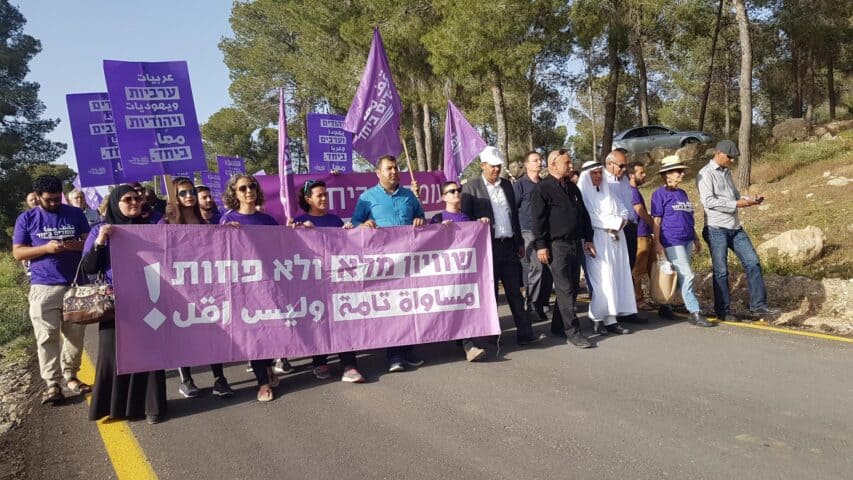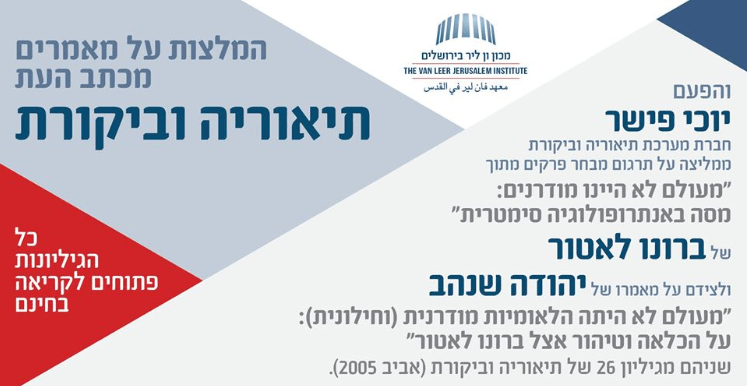Reading books to children in Arab society in Israel
Haifa Sabbagh | 04.09.2022 | Photo: Cover of a children’s book
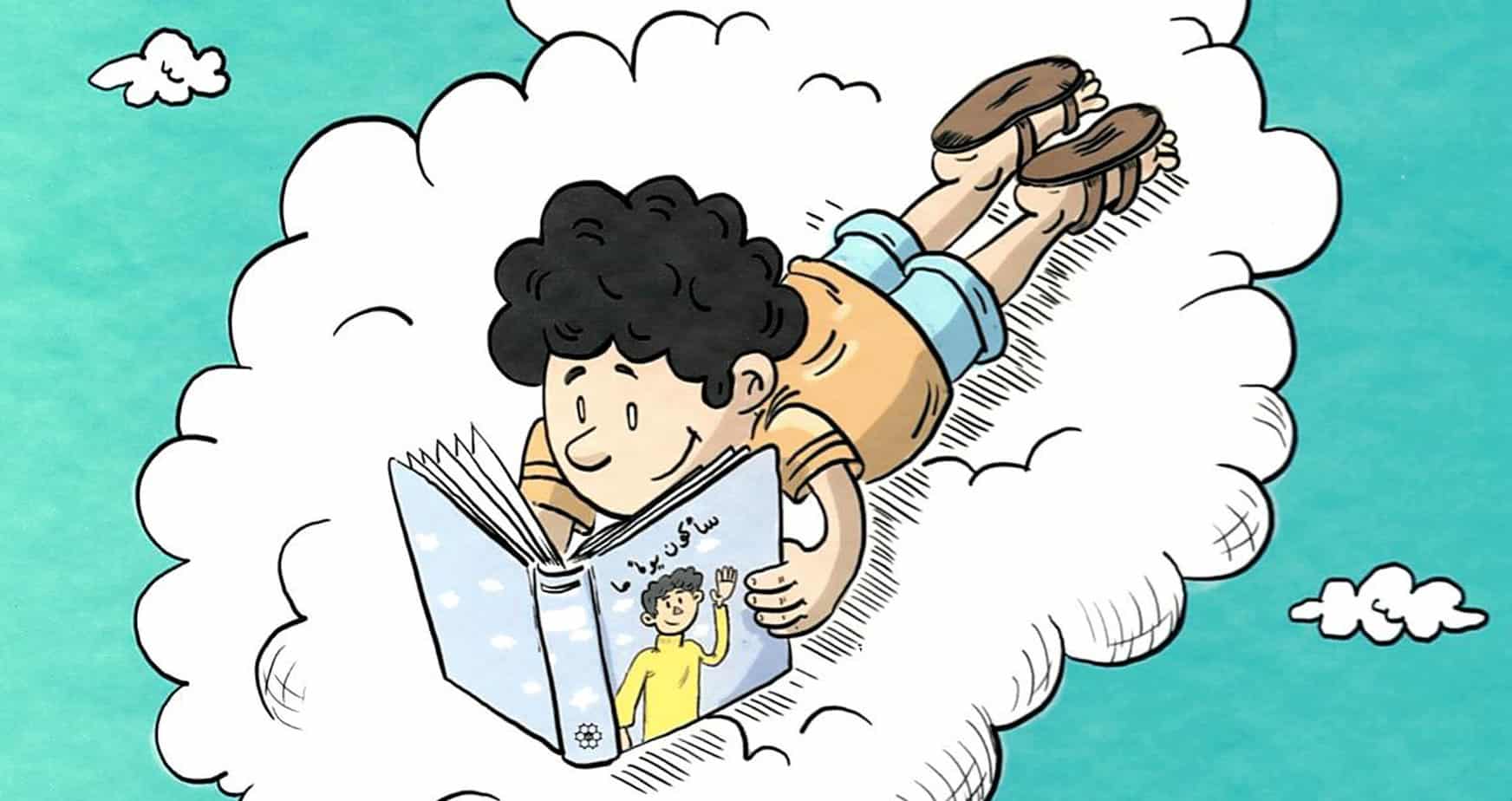
What will happen to children who have no access to a public library? What will happen to those who did not have books read to them in their early years? How will they start first grade? In Arab society in Israel the answer is clear: Their vocabulary will be poor, and literary Arabic will be like a foreign language to them. They will be disadvantaged cognitively, socially, and emotionally and their academic achievement will be low.
The first developmental stages in childhood have a decisive impact on the rest of life: Academic success in school and social engagement in adulthood are largely dependent on the quality of the foundations laid at the beginning of the journey. Learning in those years is crucial and contributes to the development of the child’s intelligence, knowledge, skills, literacy, social behavior, language, and values. Reading books in the preschool period shapes children’s thought patterns and their attitude towards themselves and the world, and lays the groundwork for their cultural capital and success in school and in higher education.
The lack of reading children’s books in Arab society
Arab society lacks a culture of reading aloud and reading to children. This is especially true in disadvantaged communities with children living below the poverty level and where the lack of infrastructure does not allow for sufficient preschool frameworks. There is also a lack of access to children’s books in Arabic, whether written in that language or translated from other languages. The lack of exposure to reading in early childhood in the Arab population reinforces the existing disparities and increases the inequality between the Arab population and the Jewish population in Israel.
The Van Leer Jerusalem Institute has taken the initiative and acted to change that situation. Between 2012 and 2019, the Institute, along with senior expert researchers, ran an intervention program to cultivate a culture of reading to children in three Arab locales in Israel: Umm al-Fahm, East Jerusalem, and the town of Hura in the Negev, along with the unrecognized villages surrounding it. The program was conducted in cooperation with the Ministry of Education, local authorities, professionals in the field, and the local community leadership. The program was supported by the Bernard van Leer Foundation and Bader Philanthropies.
The project team included Dr. Safiya Hasunah Arafat; Dr. Hanin Majadlah; Prof. Margalit Ziv; Dr. Mahmoud Zuhdi, director of the education department in Umm al-Fahm; Dr. Arij Masarwah; Samira al-Badur, inspector of preschools in Hura; Dr. Ahmad Hleihel; and Haifa Sabbagh, program director of the Israel in the Middle East cluster at the Van Leer Jerusalem Institute.
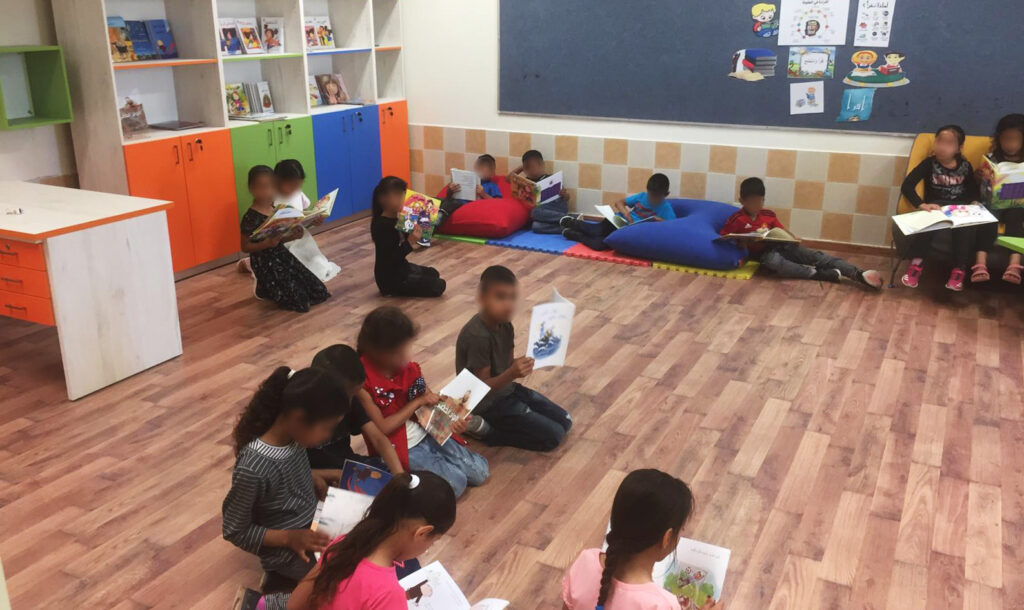
The solution to the lack of children’s literature in Arabic
The program’s solution to the lack of quality children’s books in Arabic relied partly on local children’s literature written by several local authors who are known in the Arab population, such as Fadel Gamal Ali, Hanna Abu Hanna, and Safa Amira. In addition, the program imported quality children’s books from neighboring Arab countries, such as Jordan, Lebanon, and Egypt. The intervention program motivated and inspired educators who took it upon themselves to cultivate reading aloud and reading habits, both in the education system and in the community and the family, and activities such as enriching the public libraries and joint reading events for parents and children. Over time, there have been initiatives in the Triangle region of writing children’s literature and even private initiatives.
A successful initiative in the wake of the program was the opening of مكين Makeen, an innovative bookstore, which has participated in book fairs in the Arab world, harnessed relationships with authors of children’s books in Arabic, and sold quality children’s books in Israel.
There is still a shortage of quality, properly illustrated Arabic children’s literature suited to the children’s ages that can develop the imagination. However, we are undoubtedly in a better and more optimistic place with the understanding that a children’s book is an emotional, social, and therapeutic instrument and with the knowledge that there are solutions for changing the situation.
We hereby recommend buying and reading the children’s book The Children Laugh الأولاد يضحكون by the famous Syrian author Zakaria Tamer. It is the first Syrian children’s book published in a bilingual Hebrew and Arabic edition and it is part of the Maktoob Series مكتوب published by VLJI and Olam Books.

